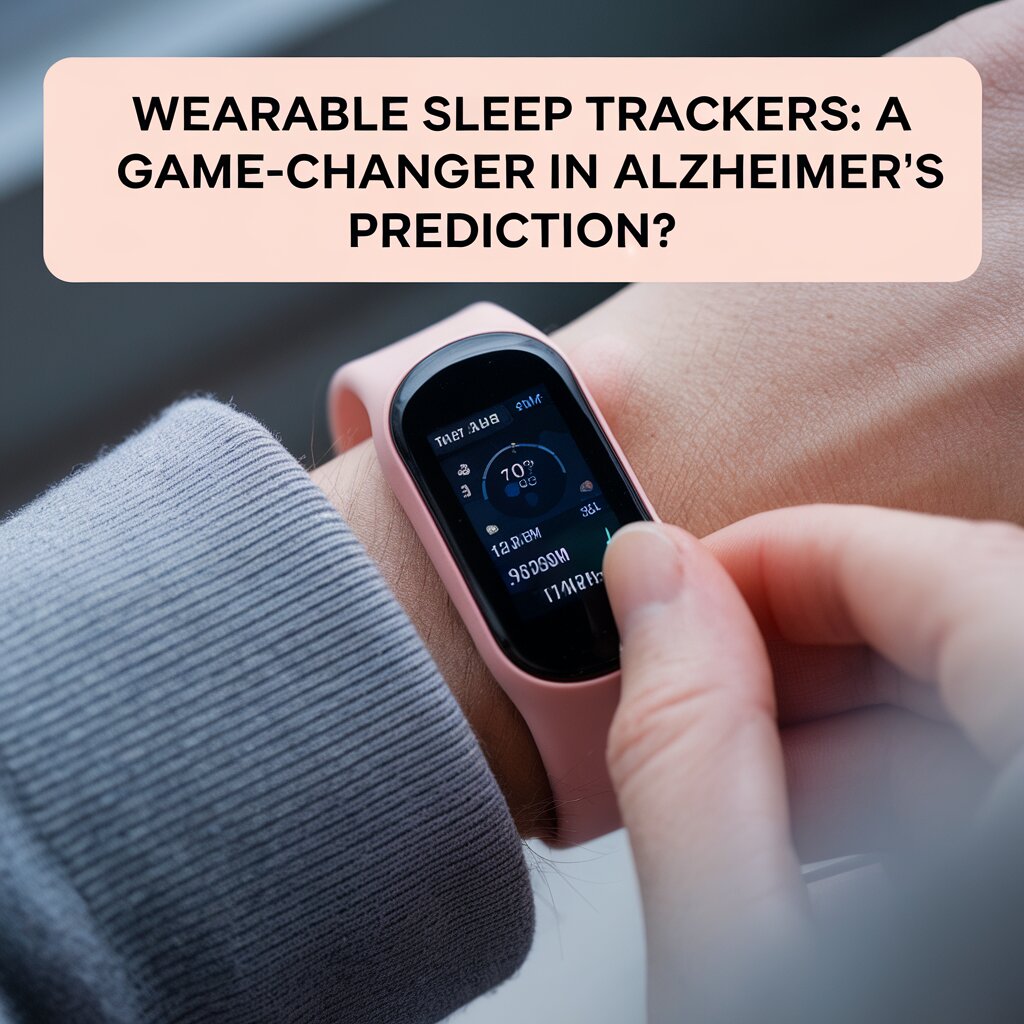In a groundbreaking effort to advance the early diagnosis of Alzheimer’s disease, Joyita Dutta, a professor of biomedical engineering at the University of Massachusetts Amherst, has received a significant $3.9 million grant from the National Institutes of Health. Over the next five years, Dutta’s research will investigate whether wearable sleep trackers can predict blood biomarkers indicative of Alzheimer’s in individuals who have a high risk of developing the disease.
Alzheimer’s is notorious for its stealthy onset, often being detectable only after cognitive decline has become apparent. One of its early but understated signs is sleep disruption, which can manifest long before cognitive symptoms are obvious. Traditional methods for assessing sleep, while accurate, are costly and typically limited to single-night observations, making them unsuitable for large-scale, continuous monitoring. Dutta’s innovative project aims to determine if non-invasive, everyday wearable devices can record sleep patterns closely linked to Alzheimer’s, thus providing a more accessible method for early detection.
Dutta emphasizes that while wearable devices are not expected to replace clinical diagnostic tools entirely, they could function as a valuable preliminary screening tool. “Many people already wear smartwatches to sleep these days,” says Dutta. “Imagine receiving an alert from your smartwatch advising you to see a neurologist. That could be the direction we are headed.”
Her study specifically targets individuals genetically predisposed to Alzheimer’s but who have no observable cognitive impairments. Rather than relying on single-night sleep studies, participants will utilize three different sleep trackers over a week-long period: the Apple Watch, the Oura Ring, and the CGX Patch—a wearable electroencephalogram (EEG) that sticks to the forehead and measures brain activity.
The gathered data from these wearables will be meticulously compared to new blood tests for amyloid and tau proteins, the crucial early biomarkers of Alzheimer’s disease. The research involves repeating this comparison after two years to identify potential changes over time.
Dutta’s previous research includes developing AI-driven predictive models that link sleep patterns to cognitive impairment, and this new grant offers an opportunity to expand on that work. “This project will enable the integration of an abundance of new data—genetic information, metrics derived from wearables, and blood-based biomarkers—to create a more comprehensive picture of the sleep-dementia connection,” she explains.
The increasing accuracy of blood tests in detecting Alzheimer’s is promising, but determining who should undergo these tests remains a significant hurdle. Wearables, according to Dutta, could provide a crucial solution to this problem by identifying at-risk individuals earlier. “Wearables are here to stay. They could fill this gap in diagnostics, enabling early detection of Alzheimer’s disease,” she asserts.
This research could mark a paradigm shift in how we approach Alzheimer’s diagnosis, potentially transforming everyday technology into a frontline defense against one of the most challenging diseases of our time.


